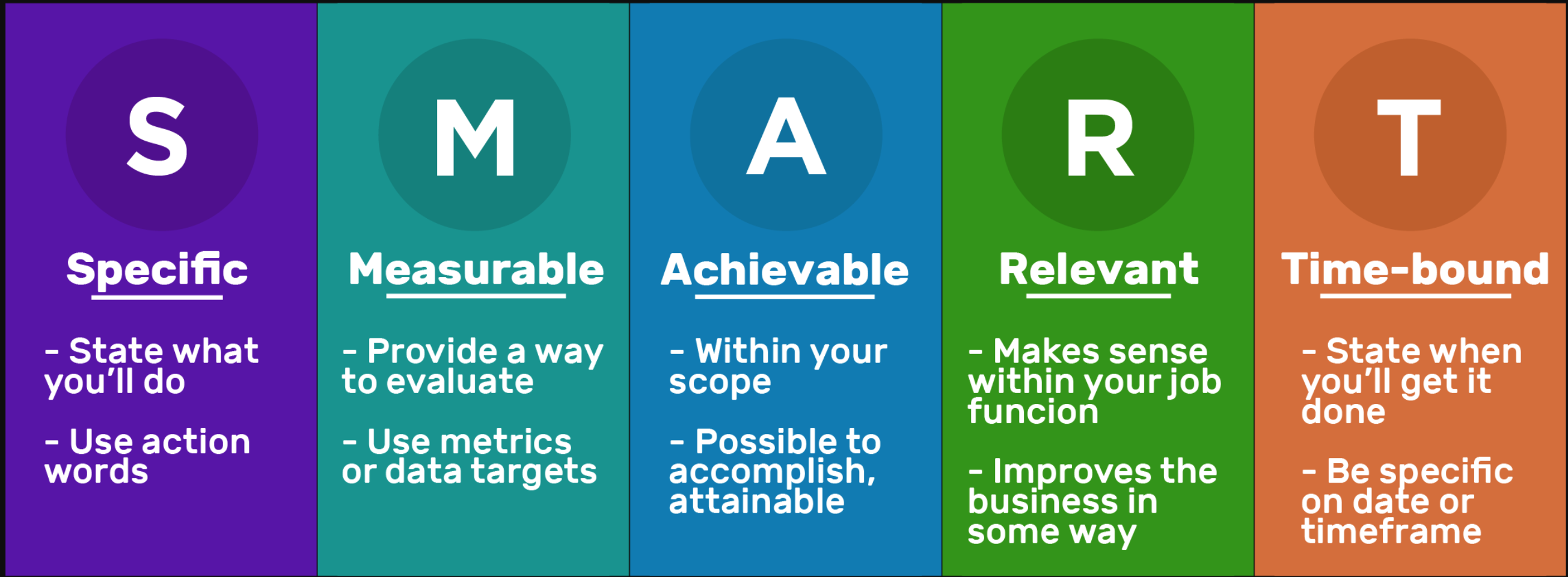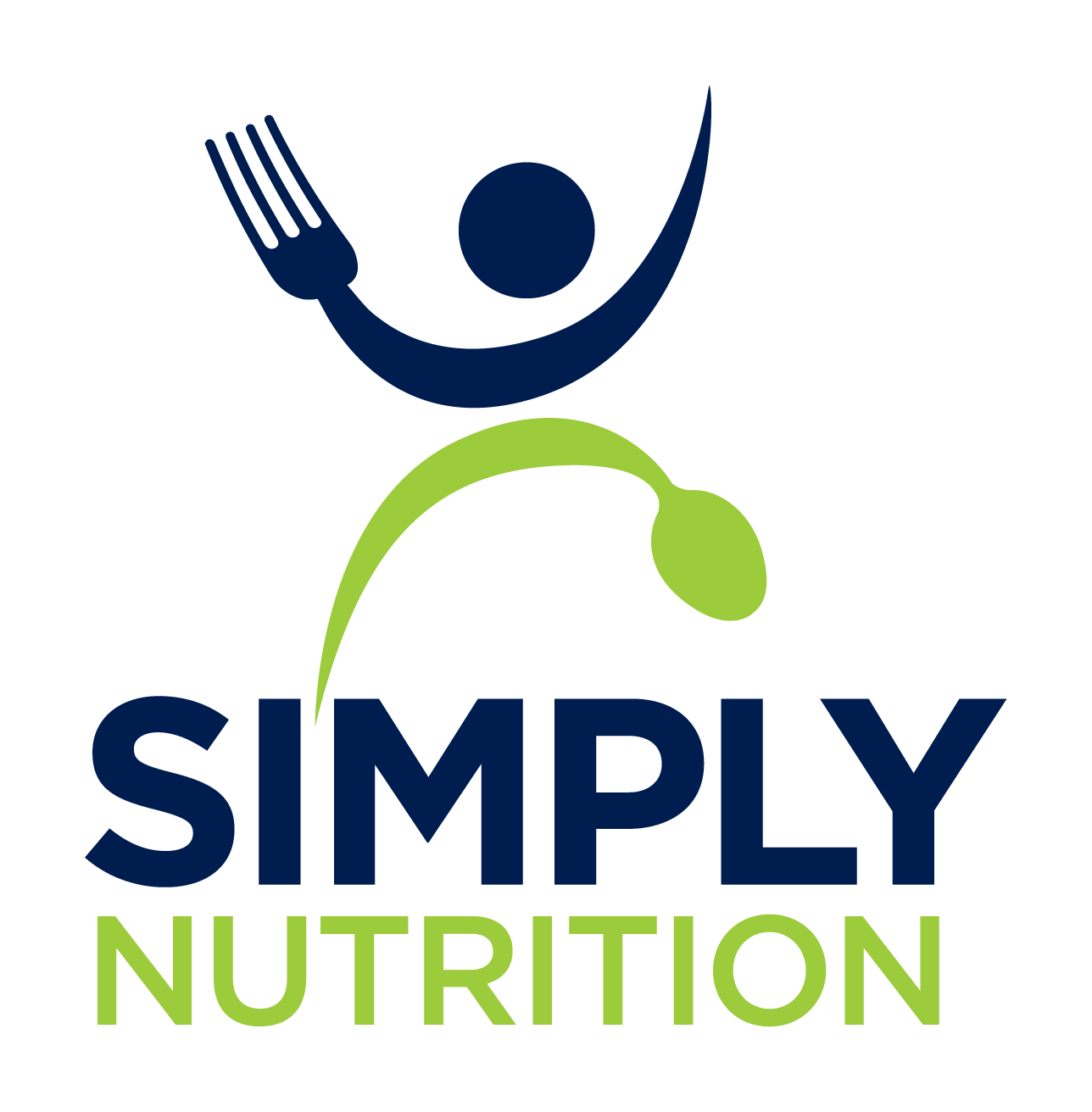
Setting SMART Goals
Posted on April 21, 2020 at 9:07 am | General Wellness | simplynutrition
When it comes to making healthy behavior changes, such as increasing our fruits & veggies, moving our bodies more, drinking enough water, or working on eating disorder recovery, in order to set yourself up for success, it’s helpful to break down your overall goal into small, specific S.M.A.R.T. goals.
So many people aim to set goals that are too general, and not specific enough – which doesn’t give you the actionable steps to take to get there!
So if your goal is to eat healthier or get more active, without having actionable steps in place, it’ll be much harder to reach your goals.
Instead, focus on small, doable habits & actions that you can do over time, that help your health. THIS is the best way to change your behaviors.
This is always helpful no matter WHAT you’re wanting or needing to work on! Whether you’re working towards eating disorder recovery, wanting to improve health, get more energy, etc. Setting SMART goals is a huge help.
Make your goals SMART:
Small – avoid having a goal that’s too overwhelming! Make it small, one step at a time. For example, if you aren’t eating many fruits and veggies, start by maybe just adding in ONE extra serving every day. Once you achieve that, then you can build on from there.
Measurable – make sure your goals are measurable, meaning you can track them! Get specific. Working on increasing your intake? Set measurable goals such as “I will eat 3 meals and 3 snacks per day for at least 4 days this week.”
Attainable – make sure you make your goal something that’s actually doable! Are you really going to go to the gym every single day? Why not start with 3 days per week? Make sure it’s attainable for YOU.
Realistic – Similar to above, make sure your goal is realistic! You don’t want to set a goal that isn’t going to be able to work with your current schedule, environment, etc. or that seems too difficult for you to reach based on where you are now.
Time-Bound – Make it specific – add numbers in! For example, “I will add in a vegetable to my lunch every day for the next 2 weeks.”

SMART Goal Examples:
- If you’re wanting to work on increasing your water intake
- “I will take my water bottle to work at least 4 days per week.”
- “I will drink one full glass of water when I wake up every day this week.”
- If you’re wanting to increase your fruit & veggie consumption
- “I will try a new recipe this week with fruits & veggies.”
- “I will fill half my plate with veggies @ dinner 4 nights this week.”
- If you want to work on stress management
- “I will practice yoga once per week to help decrease stress.”
- “I will try a meditation app once this week to learn deep breathing.”
- If you want to work on better sleep
- “I will aim to turn my phone off 30 minutes before bed at least 3 nights per week to get better quality sleep.”
- If you’re wanting to increase whole grain intake
- “I will try 2 new whole grains this week, such as farro and buckwheat.”
- If you’re working on eating more (ED recovery) “I will add in an extra afternoon snack with at least 2 exchanges every day this week.”




